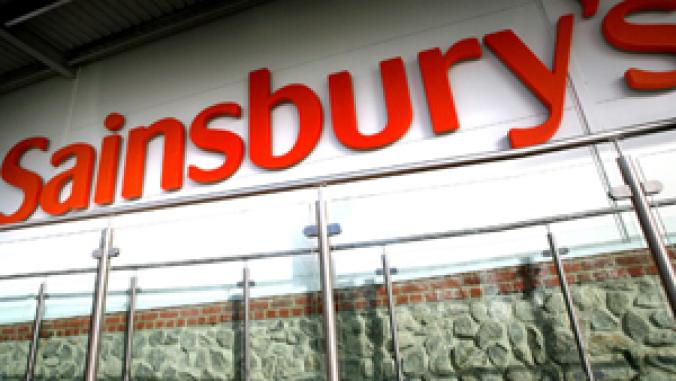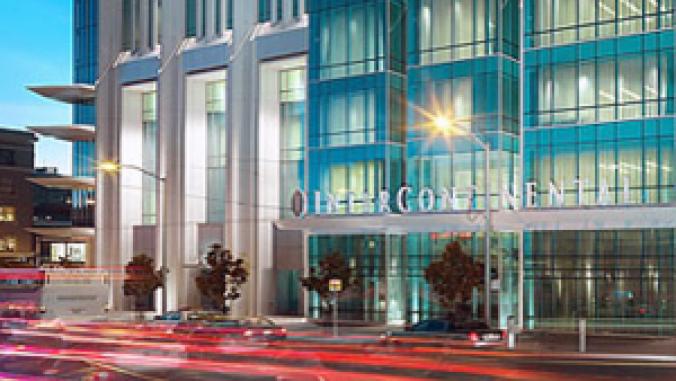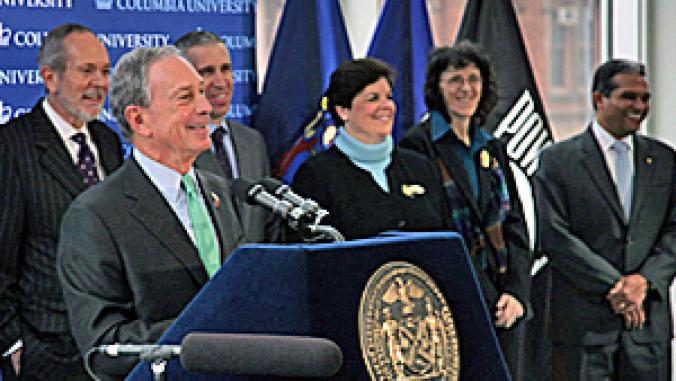Sustainable Community Concept Takes Hold in Texas, Georgia, Tennessee
The drive to create communities that balance environmental, economic and social responsibilities through planned development is growing as shown by projects in Texas, Georgia and Tennessee.

The drive to create communities that balance environmental, economic and social responsibilities through planned development is growing as shown by projects in Texas, Georgia and Tennessee.
In Dallas, the Urban Re:Vision project and others convened a design charrette earlier this month as part of a campaign to create what organizers say will be the first fully sustainable, urban square block in the U.S.
The site targeted for redevelopment is a two-square-block area that Dallas Mayor Tom Leppert has called a "forgotten landscape" — an unused parking lot across the street from City Hall.
The charrette laid the groundwork for an international design competition, called Building Blocks Dallas, which launches next month. The goal: Devote one square block to green space and design the other square block as an eco-friendly, economically viable area serving the needs of the urban community around it.
In Georgia, the 1,000-acre community of Serenbe just celebrated its third holiday season. Located just outside Atlanta about 30 minutes from the Hartsfield-Jackson International Airport, Serenbe is the first of three communities in Chattahoochee Hills, a 40,000-acre city with a preservation plan requiring that at least 70 percent of the acreage be kept as green space.
The city and the 65,000-acre expanse it sits in, known as the Chattahoochee Hill Country, and the community plan that provides for land preservation and balanced development are the result of a citizen-led effort.
In addition to homes, Serenbe features commercial space, an organic farm, a 20-room inn, stables, art galleries, two nationally acclaimed restaurants and a bakery, the Blue Eyed Daisy Bakeshop, that lays claim to being the smallest building in the country to obtain a LEED Silver rating. This year Serenbe, pictured above, received the Urban Land Institute's inaugural Sustainability Award.
In middle Tennessee, the Mantria Corporation acquired 5,500 acres in a $17.5 million deal whose completion enabled the firm to begin development on what the company says will be the largest master-planned community in the state and the first carbon negative community in the country. The community, called Mantria Place, is one five in progress by the firm.
Since acquiring the Mantria Place site, the company said it has set environmental standards for developers. They include using biodiesel tractors, replanting for all trees cut down in land clearing and taxing builders based on their carbon footprints. Similar standards are set for the communities, and as of 2012 no conventional or hybrid vehicles will be allowed on company properties, just electric cars, Mantria said.
Known for green community and real estate development, Mantria is a participant in the EPA's Climate Leaders program.
In Dallas, the Urban Re:Vision project and others convened a design charrette earlier this month as part of a campaign to create what organizers say will be the first fully sustainable, urban square block in the U.S.
The site targeted for redevelopment is a two-square-block area that Dallas Mayor Tom Leppert has called a "forgotten landscape" — an unused parking lot across the street from City Hall.
The charrette laid the groundwork for an international design competition, called Building Blocks Dallas, which launches next month. The goal: Devote one square block to green space and design the other square block as an eco-friendly, economically viable area serving the needs of the urban community around it.
In Georgia, the 1,000-acre community of Serenbe just celebrated its third holiday season. Located just outside Atlanta about 30 minutes from the Hartsfield-Jackson International Airport, Serenbe is the first of three communities in Chattahoochee Hills, a 40,000-acre city with a preservation plan requiring that at least 70 percent of the acreage be kept as green space.
The city and the 65,000-acre expanse it sits in, known as the Chattahoochee Hill Country, and the community plan that provides for land preservation and balanced development are the result of a citizen-led effort.
In addition to homes, Serenbe features commercial space, an organic farm, a 20-room inn, stables, art galleries, two nationally acclaimed restaurants and a bakery, the Blue Eyed Daisy Bakeshop, that lays claim to being the smallest building in the country to obtain a LEED Silver rating. This year Serenbe, pictured above, received the Urban Land Institute's inaugural Sustainability Award.
In middle Tennessee, the Mantria Corporation acquired 5,500 acres in a $17.5 million deal whose completion enabled the firm to begin development on what the company says will be the largest master-planned community in the state and the first carbon negative community in the country. The community, called Mantria Place, is one five in progress by the firm.
Since acquiring the Mantria Place site, the company said it has set environmental standards for developers. They include using biodiesel tractors, replanting for all trees cut down in land clearing and taxing builders based on their carbon footprints. Similar standards are set for the communities, and as of 2012 no conventional or hybrid vehicles will be allowed on company properties, just electric cars, Mantria said.
Known for green community and real estate development, Mantria is a participant in the EPA's Climate Leaders program.




